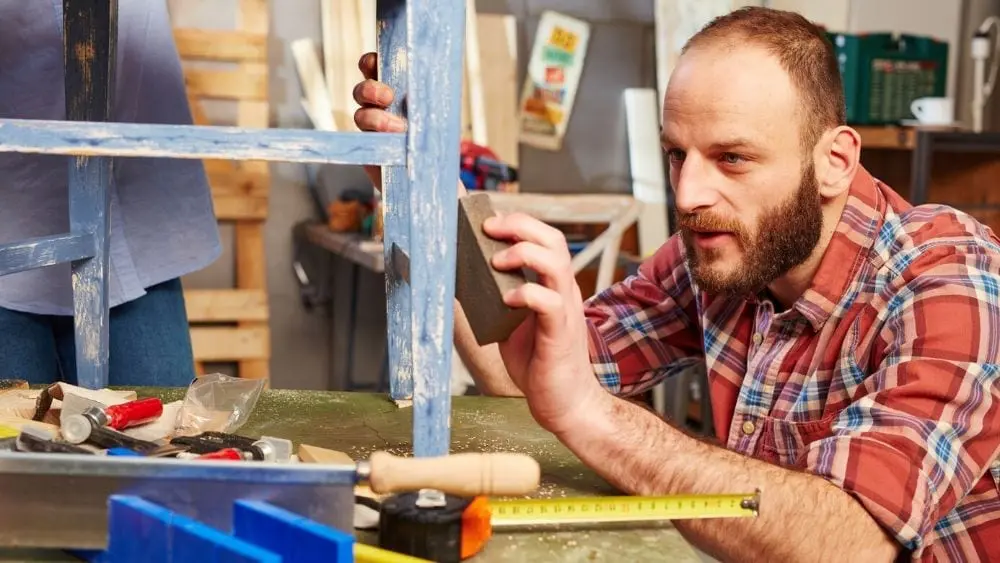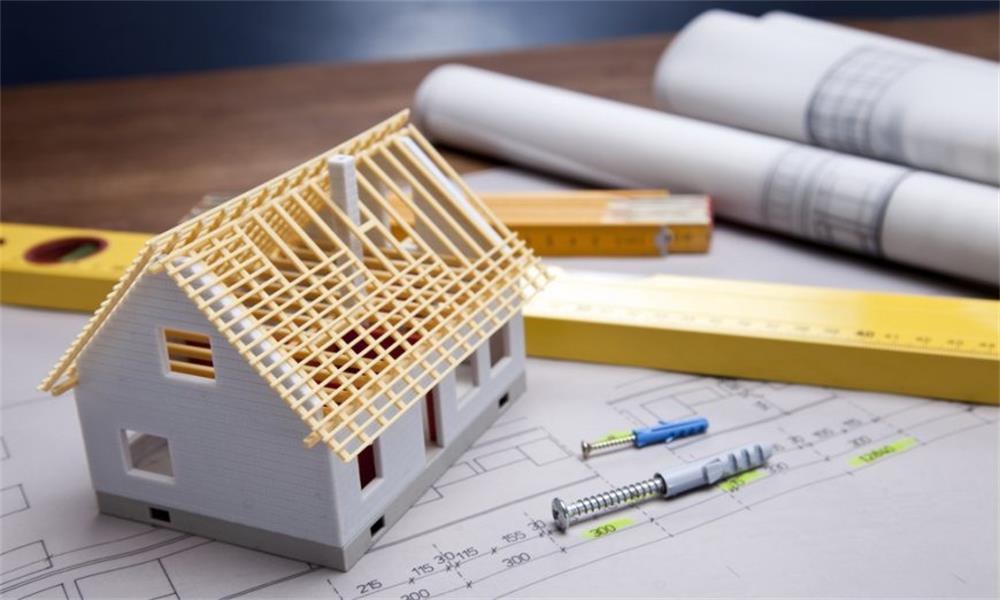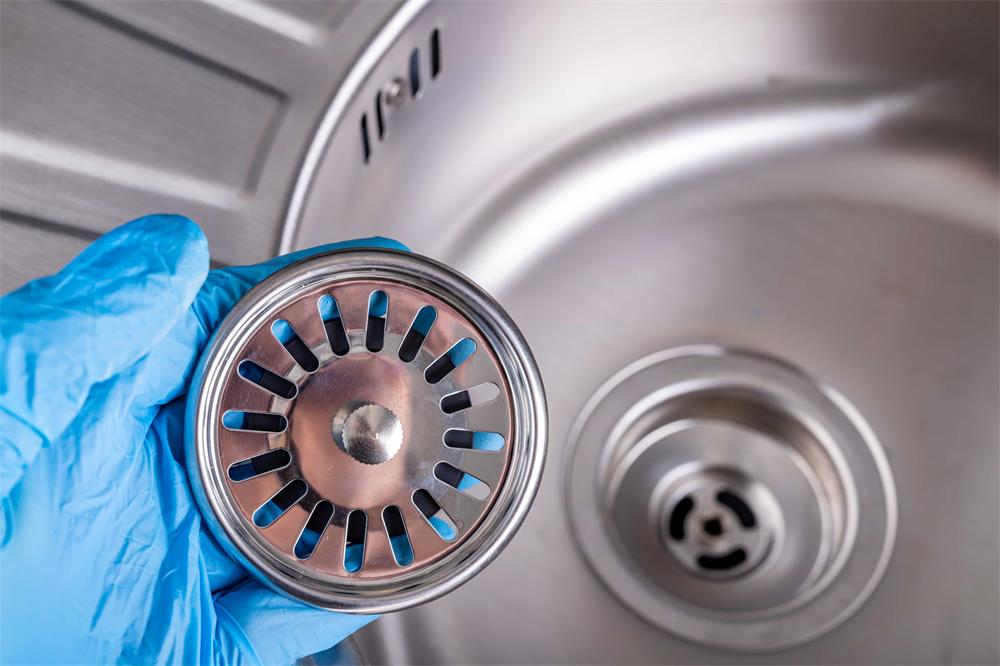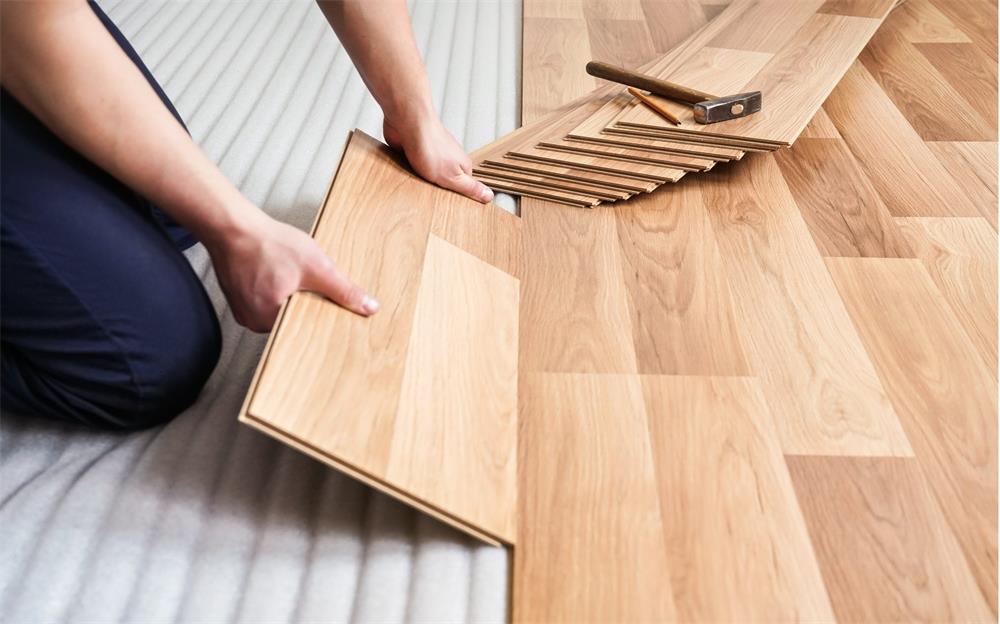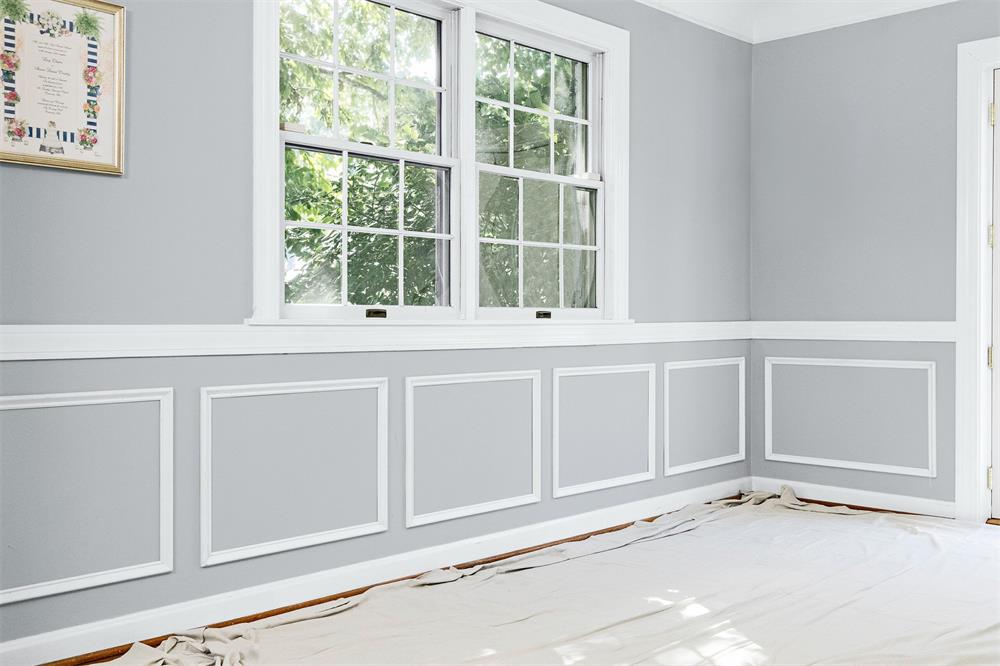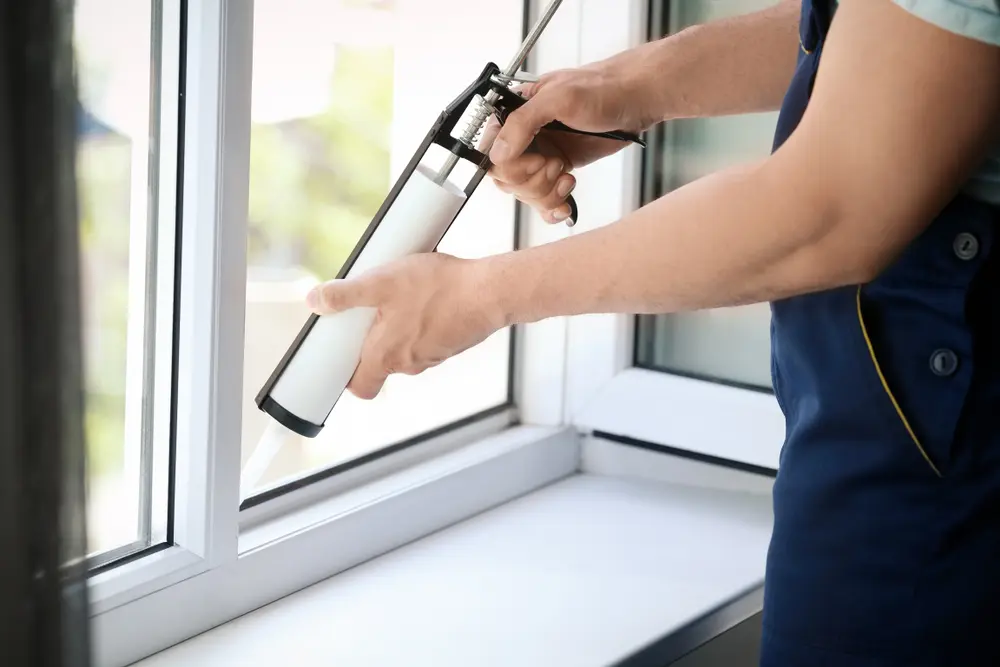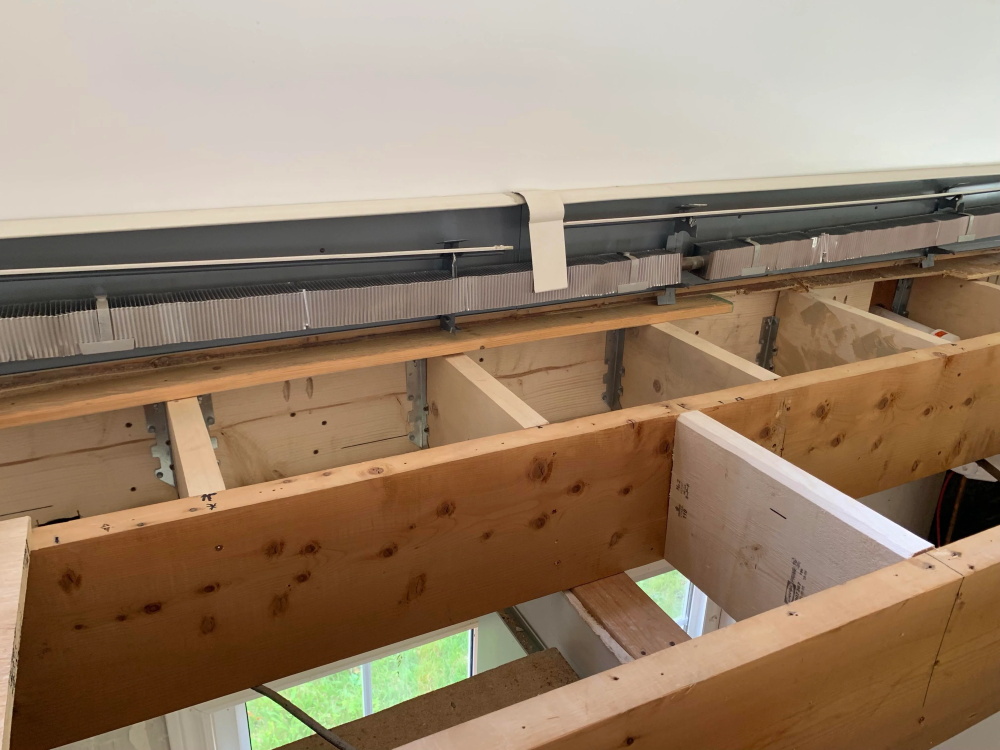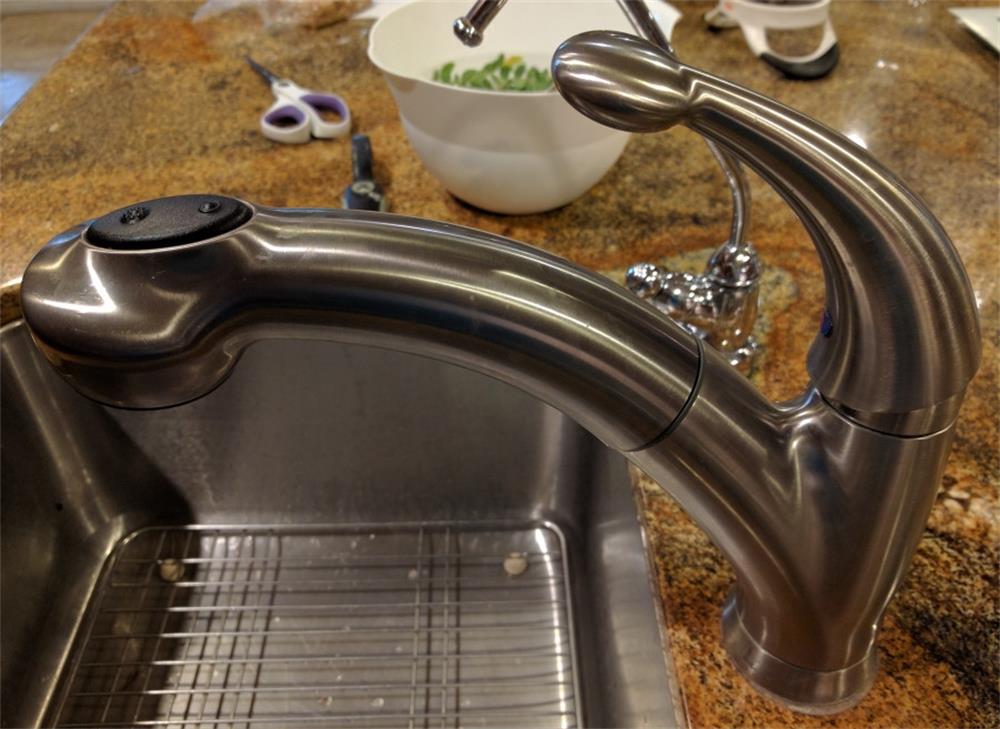Contents
If you enjoy doing your own home repairs, you know how rewarding, creative, and fun it can be. You can also save a lot of money and time by having the right skills for different home improvement projects. But before you start any project, you need to know how to evaluate the difficulty level and whether it matches your own home repair skills, which can be beginner, intermediate, or expert . This is important for your safety and for the quality of the work. If you feel uncomfortable or unsure about any project, don’t hesitate to stop and call a professional to finish it. Here are some examples of home repair skills at different levels and what they entail.
Beginner Home Repair Skill Level
Beginner-level home repairs are easy to do and don’t require much prior experience or knowledge. You can use common and cheap hand tools that you probably already have, such as hammers, hand saws, cordless drills, and paint brushes. You can also finish beginner projects quickly, usually within a day or even a few hours. Some basic skills that you might have as a beginner are:
- Sawing wood by hand
- Using a cordless drill
- Painting with a roller or a brush
- Hammering a nail by hand
Beginner-level home repairs are not very physically demanding, and you usually don’t need to lift more than 50 pounds. They are also relatively safe, compared to intermediate or expert-level repairs. As a beginner, you might be new to homeownership or have limited opportunities to practice your repair skills. You might feel intimidated by more complex projects, such as building a deck or removing a load-bearing wall, but you are curious and willing to learn new skills.
Some examples of beginner home projects are:
- Interior painting
- Patching holes in drywall
- Changing a ceiling light
- Fixing concrete patio cracks
- Fixing nail pops in drywall
- Fixing a sticking door
- Relighting a pilot light
- Planning a bathroom layout
- Replacing a bathroom fan grille
Intermediate Home Repair Skill Level
Intermediate-level home repairs are more challenging and require more skills and tools than beginner-level repairs. You might need to use some specialized tools or equipment, such as circular saws, reciprocating saws, table saws, routers, nail guns, compressors, or tile cutters. You might also need to do some permitted work, such as electrical wiring or plumbing installation. Intermediate-level repairs can take longer to complete, sometimes several days or weeks.
Some skills that you might have as an intermediate are:
- Cutting wood with power tools
- Installing drywall
- Installing cabinets
- Installing flooring
- Installing electrical outlets
- Installing plumbing fixtures
Intermediate-level home repairs can be physically demanding and require more strength and stamina than beginner-level repairs. You might need to lift more than 50 pounds or work in awkward positions. They can also be more risky and require more safety precautions than beginner-level repairs. As an intermediate, you might have some experience with home repairs and want to take on more challenging projects. You might also have some budget or time constraints that prevent you from hiring a professional. However, you should always consult with a professional if you are unsure about any aspect of the project or if you encounter any problems.
Some examples of intermediate home projects are:
- Building a dog house
- Building a stone wall
- Building a waterfall
- Building a floating deck
- Installing an outdoor shower
- Installing a new bathroom fan
- Installing crown molding
- Installing tile backsplash
- Installing laminate flooring
Expert Home Repair Skill Level
Expert-level home repairs are the most difficult and require the most skills and tools than intermediate-level repairs. Many of the projects at this level are also done by certified or licensed professionals, such as electricians or plumbers. You might need to follow codes, permits, and zoning regulations for your project. Expert-level repairs can take a long time to complete, sometimes months or years.
Some skills that you might have as an expert are:
- Framing walls
- Installing windows and doors
- Installing insulation
- Installing siding
- Installing roofing
- Installing HVAC systems
Expert-level home repairs are very physically demanding and require a lot of strength and endurance. You might need to lift heavy materials or work at heights. They are also very risky and require strict safety measures and protective gear. As an expert, you might have a lot of experience with home repairs and want to tackle the most complex projects. You might also have the budget and time to complete the project yourself. However, you should always consult with a professional if you are unsure about any aspect of the project or if you encounter any problems.
Some examples of expert home projects are:
- Building a garage
- Building an addition
- Building a sunroom
- Building a porch
- Remodeling a kitchen
- Remodeling a bathroom
- Remodeling a basement
- Installing a fireplace
- Installing a skylight
How to Improve Your Home Repair Skills
No matter what your current home repair skill level is, you can always improve it by learning new skills and techniques. There are many ways to learn DIY home repair skills for free or for a low cost, such as:
- Reading books, magazines, or blogs about home improvement
- Watching videos or tutorials online or on TV
- Taking online courses or webinars
- Taking classes or workshops at your local hardware store or community center
- Joining online forums or groups where you can ask questions and get advice from other DIYers
- Practicing on small or simple projects before moving on to bigger or harder ones
- Asking for help or feedback from friends, family, or professionals who have more experience than you
By improving your home repair skills, you can save money, time, and hassle on your home improvement projects. You can also increase the value, comfort, and beauty of your home. And most importantly, you can enjoy the satisfaction and pride of doing it yourself.

